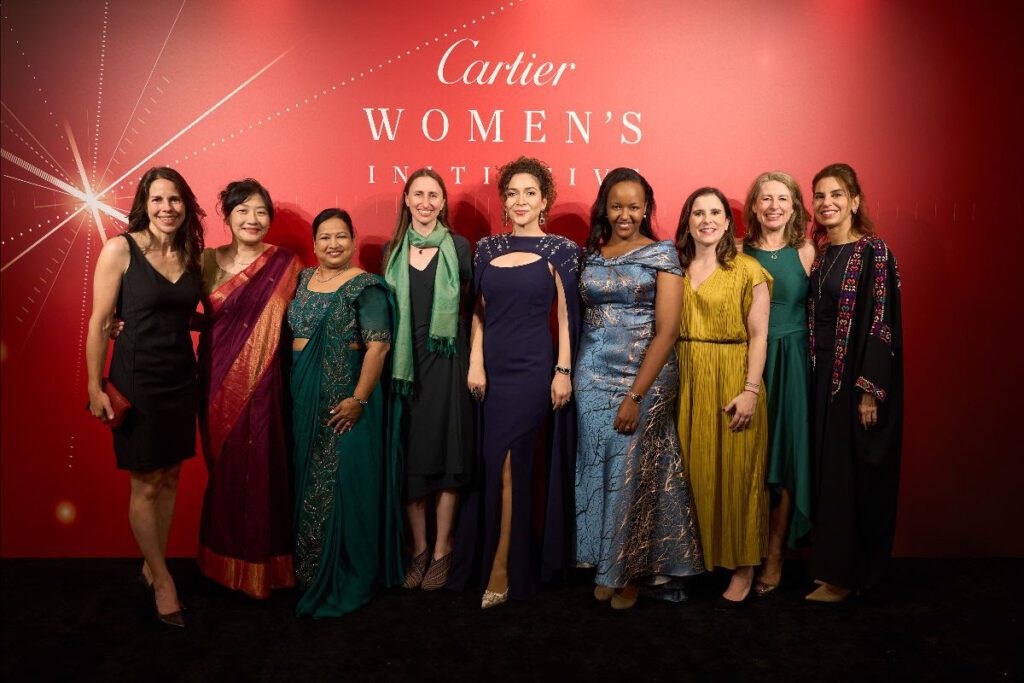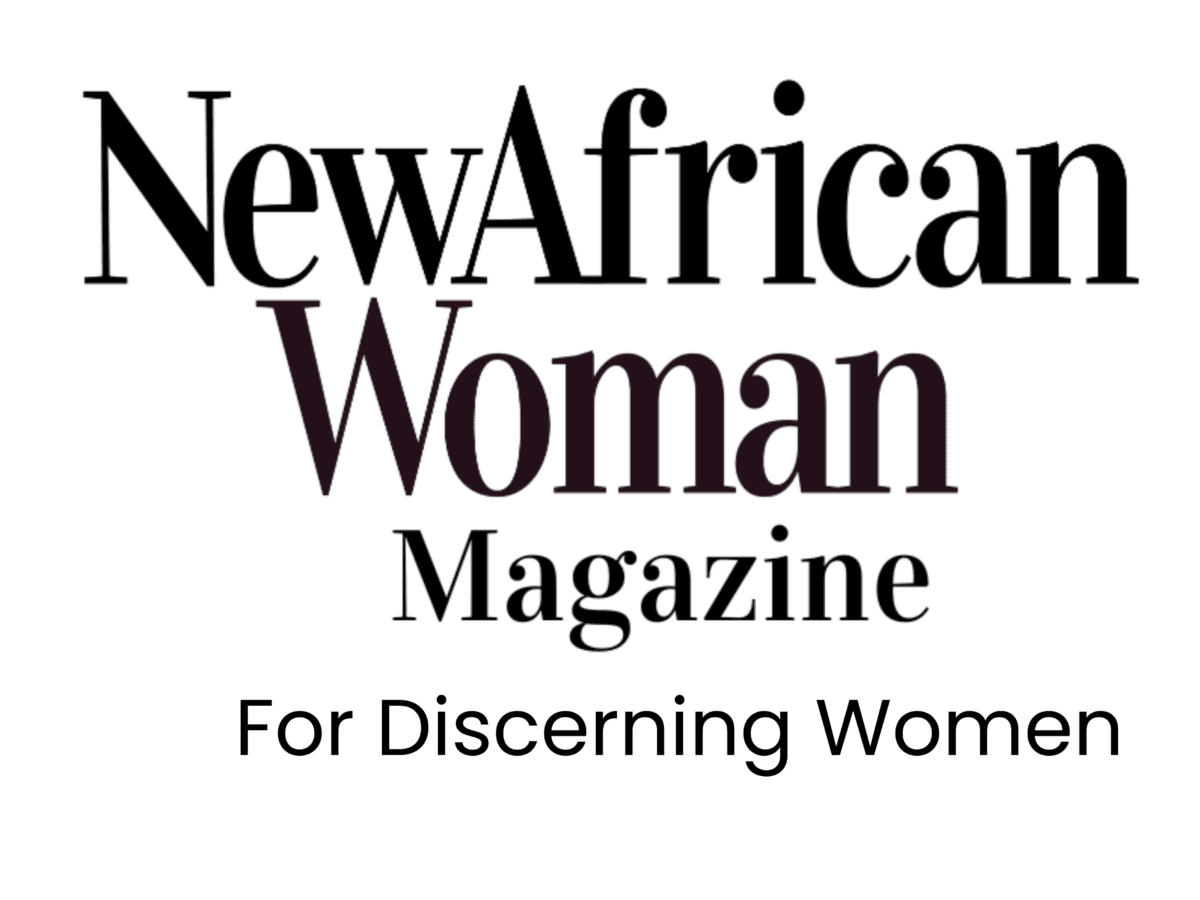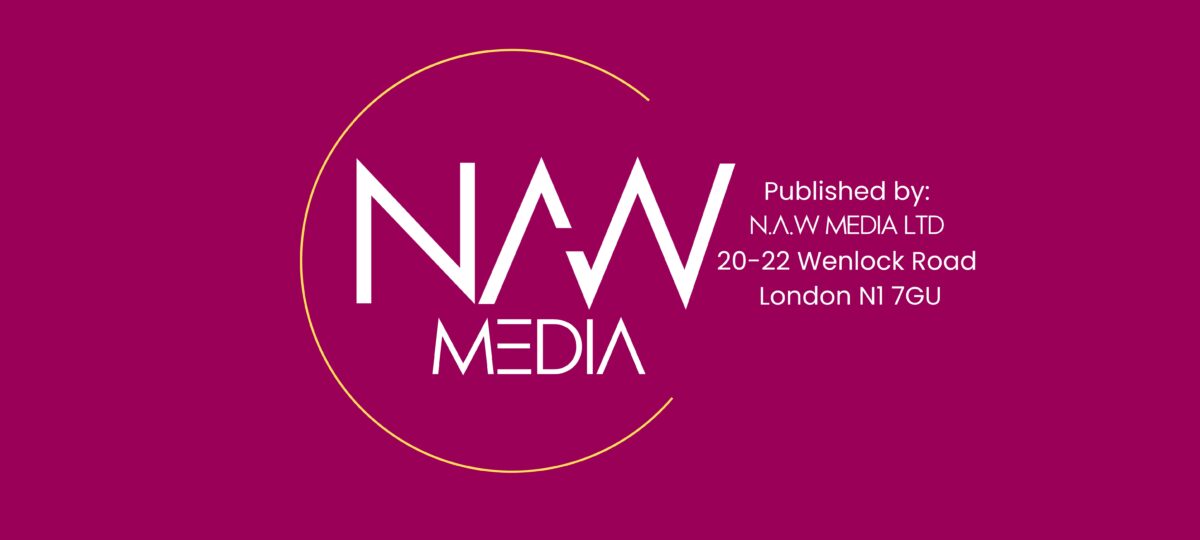Cartier Women’s Initiative Impact Awardee 2025: Rwanda’s Yvette Ishimwe on providing access to safe water with “dignity, reliability, and impact.”

The Cartier Women’s Initiative Impact Awards 2025 have taken place at Expo 2025 Women’s Pavilion in Osaka – Kansai, Japan honouring nine extraordinary women entrepreneurs – continuing the legacy first established at Expo 2020 in Dubai. The Awards are dedicated to former CWI Fellows who have achieved extraordinary impact and transcended their original entrepreneurial visions to create lasting, measurable change beyond their communities. Among this year’s awardees stood Rwanda’s Yvette Ishimwe, founder of IRIBA Water Group, whose solar-powered water ATM technology has transformed access to clean water for over 500,000 people across Rwanda, the Democratic Republic of Congo, and the Central African Republic.
New African Woman caught up with Yvette and below, she reflects on her journey and how she has built one of Africa’s most innovative social enterprises.
How does it feel to be recognised on such a global stage for the work you’ve been doing with IRIBA Water Group?
It’s incredibly humbling. This recognition is not just about me; it’s about every woman, youth, and community member who believed in our mission when IRIBA was just an idea. Being seen on a global stage reminds me that local impact can ripple far beyond borders.
What inspired you to dedicate your life’s work to this cause, and what does “water is life” mean to you personally?
I grew up in Rwanda and witnessed firsthand how lack of clean water shapes the lives and dignity of families. For me, “water is life” isn’t a slogan – it’s a daily reality. It means freedom for women, health for children, and opportunity for entire communities.
Can you walk us through how the Tap & Drink technology works and the journey from idea to impact?
IRIBA Tap & Drink is a solar-powered water ATM system that provides safe, affordable drinking water 24/7 to underserved schools and communities. Users access water using prepaid cards or mobile money, and each unit is locally managed through a franchise model that creates jobs for women and youth. By combining clean energy, digital access, and community ownership, IRIBA Tap&Drink is transforming how over 500,000 people across Rwanda, DRC, and CAR access safe water with dignity, reliability, and impact.
What have been some of the most significant challenges you’ve faced, and how did you overcome them?
Early on, being a young African woman in a technical space meant constantly having to prove myself. Access to funding, trust, and visibility were uphill battles. But I leant on grit, mentorship, and an unshakeable belief in our mission, and I kept showing up.
How do you approach scaling impact across borders whilst staying rooted in community needs?
We scale by listening first. Every country has unique needs, so we work with local partners and adapt our solutions accordingly. Our model is community-based and franchise-led, meaning local people drive the solutions, not outsiders parachuting in.
How has the Cartier Women’s Initiative community shaped your leadership and growth?
Cartier Women’s Initiative has been transformational. It gave me global sisterhood, bold mentorship, and the courage to own my voice. I no longer feel like I’m building alone; I’m part of a powerful community that believes in purpose-driven leadership.
What role does innovation play in your leadership, and how do you balance technology, accessibility, and cultural relevance?
Innovation is not always about complexity; it’s about empathy. We innovate by simplifying access, using technology people already have, and grounding everything in local realities. Leadership, for me, is listening deeply and building with – not for – communities.
How do you keep that conviction alive when facing obstacles, and what drives your resilience?
Whenever I feel discouraged, I remember the mothers fetching unsafe water or the children missing school due to illness. I carry their stories with me. My resilience comes from knowing that the work we do truly changes lives, and that’s worth fighting for.
What’s your vision for IRIBA in the next five years—and what legacy do you hope to leave?
I envisage IRIBA reaching 5 million people, building Africa’s most inclusive water infrastructure, and becoming a model of how social business can solve big problems. I hope my legacy inspires young African women to lead with purpose, and to know they belong in rooms where change is made.

















